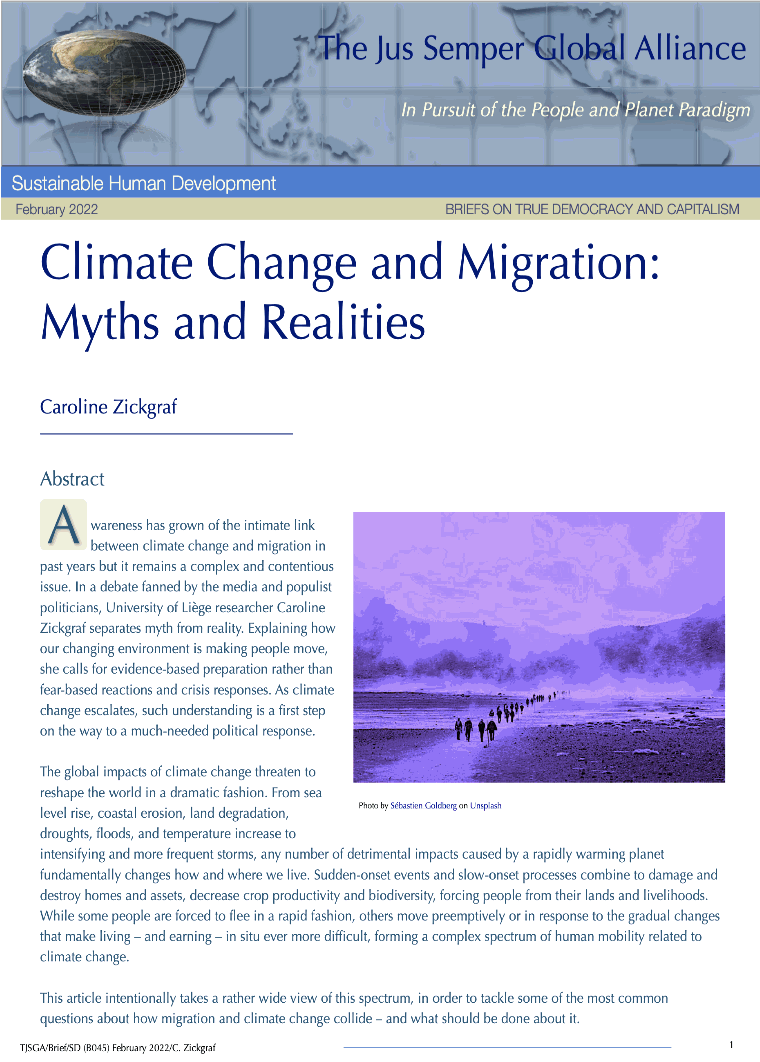Among the many new forms of economic territory that have proliferated in the neoliberal globalising phase of capitalism, those associated with direct human environmental interaction with the planet remain in many ways the most crucial and the most strongly associated also with coercion, conflict, and war. The nineteenth century saw many such conflicts in the colonial expansion to other lands, in the attempt to establish control over physical territory with its attendant advantages. Wars in the late twentieth century were closely related to control over energy sources like oil. The twenty-first century may see growing water wars. Increasingly, the change resulting from anthropogenic rifts in the Earth System metabolism has come to define a sphere of struggle over influence, control, and appropriation that is now a major aspect of contemporary imperialism. This particular feature of global capitalism today and its association with not just capitalism but with imperialism is becoming more and more evident in: (1) how core countries and elites are able to produce and consume based on an imperialist mode of living, generating increasing global carbon emissions with rising ecological footprints; (2) the deceptive and debilitating ways that climate change is addressed in international negotiations; (3) the operations of global finance that increase carbon emissions while failing to make available the required finance for effective mitigation strategies; (4) the privatised knowledge monopolies that prevent most of humanity from being able to access critical technologies required to confront the climate challenge; and (5) the changing technological requirements for both mitigation and adaptation, which give rise to further natural resource grabs aimed particularly at strategic minerals, along with new forms of extractivist competition among the leading powers. For a full review of this essay, click here or on the picture to download the pdf file.
|
- © The Jus Semper Global Alliance

| Home |  | Resources |  | Economic Data |  | Climate Imperialism in the Twenty-First Century |


